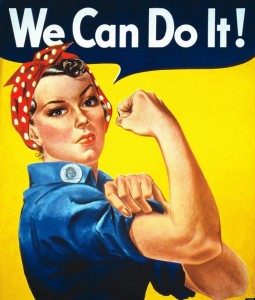
Hancock’s latest article for DesNews is up:
Ralph Hancock: The limits of today’s emerging sexuality
Unsurprisingly, I agree with the majority of Hancock’s article. But I have a few qualms and quibbles that may be due more to my gender and age than anything else:
- Hancock states that “For much of history men have possessed physical and social powers over women, and it follows that there have always been abuses of these powers. Abuse that is violent should be punished with severe criminal penalties, and lesser forms of sexual harassment should result in commensurate moral reprobation and professional (and, where relevant, political) consequences.” The root of sexual harassment is not merely the abuse of power but power itself. That is, mens’ “possession” of physical and social powers over women is the festering cause of harassment. Sexual harassment has long been kept silent or overlooked because the harasser holds power over the victim. Power is the key because power is license and leverage. Hence the problem goes deeper than a man’s abuse of his physical and social power over a woman. The problem is that he has those powers in the first place, particularly social power. Physical power cannot really be compensated for except through proper moral training about the correct use of brute strength, etc. Think chivalry. But the imbalance of social power can and should be corrected. This does not mean making men and women the same socially. It means making them socially equal.
- Hancock blames the sexual revolution for unleashing “cruel and monstrous passions” and seems to tie the sexual revolution to a rise in sexual harassment. Prior to the 60s, “Moral and religious convictions and attendant social shame once provided significant disincentives to sexual abuse and harassment.” I find this statement naive for its assumption that sexual abuse and harassment were less common prior to the sexual revolution. On the contrary, the sexual revolution was accompanied by (though not necessarily connected to) a rise in women’s social status and the inauguration of laws meant to protect women from sexual harassment and bigotry. The sexual revolution unleashed Hugh Hefner style feminism on the world. It has tried to empower women by reducing us to sexual objects…empowerment through a debasement to the now socially permissible moral low ground of Hugh Hefner. But the 55 years since the sexual revolution have also seen an increase in women’s rights and freedom. In short, not all that has occurred since 1960 has been bad for women, and sexual harassment was likely just as rampant – if not more so- prior to the rise of feminism. The difference in visibility between 2017 and 1917 is that women now have the power to speak out about that harassment.
- I broadly agree that consent is an inadequate standard for sexual morality in society (more on this in my next post). But I am a bit confused by Hancock’s statement that “Moral principles and social custom can and must frame and restrain this process, which will almost always involve some kind of inequality or “asymmetry”; sheer “consent” alone will never be able to capture it.” What “inequality” does Hancock feel is necessary or fundamental to the moral principles and social customs that frame sexual relations between men and women?
Luckily for me, I happen to be writing this post on Hancock’s very own blog, so I expect that I will receive a response from him in short order.
Savananh Johnston












